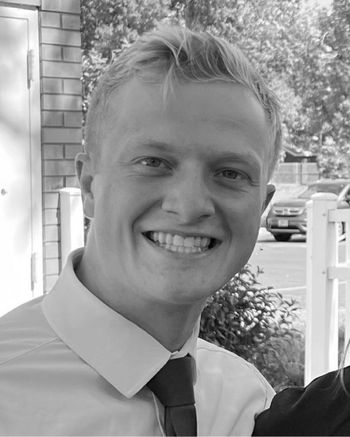Public Health prof tells students abortions are necessary because children cause 'economic hardship'
A University of Illinois at Chicago professor recently made the assertion that '[d]enying a woman an abortion creates economic hardship and insecurity which lasts for years.'
The presentation came as part of UIC's 'Epidemics of Injustice' lecture series.
A University of Illinois at Chicago (UIC) professor, in a presentation on “Reproductive Justice,” recently made the assertion that abortions are necessary because, without one, a woman is left with an “economic hardship and insecurity which lasts for years.” The presentation came as part of UIC’s “Epidemics of Injustice” lecture series.
Professor Julie Maslowsky, who made the comments, works in the School of Public Health at UIC.
During her February presentation, Maslowsky focused not only on abortion in general, but also on abortion access for adolescents specifically.
She began by displaying news headlines regarding laws that restrict abortion access and gender-affirming care for adolescents, developing a “theme” to address “threat[s] to the bodily autonomy of young people.”
Later, Maslowsky referred to this pattern as “Adultism,” or the “prejudice and accompanying systematic discrimination against young people.”
Campus Reform reported on the notion of “adultism” previously when another UIC professor made comments critical of the field of psychology because it was developed by “white adults.”
Masloswky proceeded to connect adultism to intersectionality, as well, arguing that we should “add to this mix ... one’s age,” that youth is a “marginalized identity,” and that these all form “interdependent systems of discrimination and disadvantage.”
Other points she brought up against abortion, in both youth and adults, were that “[t]he financial wellbeing and development of children is negatively impacted when their mothers are denied abortion” and that women who are denied abortion are “more likely to raise the resulting child alone.”
Maslowsky further referenced an article categorizing barriers to abortion, such as money or distance, as part of “white supremacy.”
Other reports from Campus Reform detail the way in which some activists in higher education describe and advocate for abortion.
One report from last October highlighted the use of a uterus piñata at a “How to Talk About Abortion” event at Oakland University. Another report that same month, exclusive to Campus Reform, revealed how students at the University of Alaska-Fairbanks accused a pro-life club of “endangering” pregnant women.
The relevant parties in the story have been contacted for comment and it will be updated as needed.

